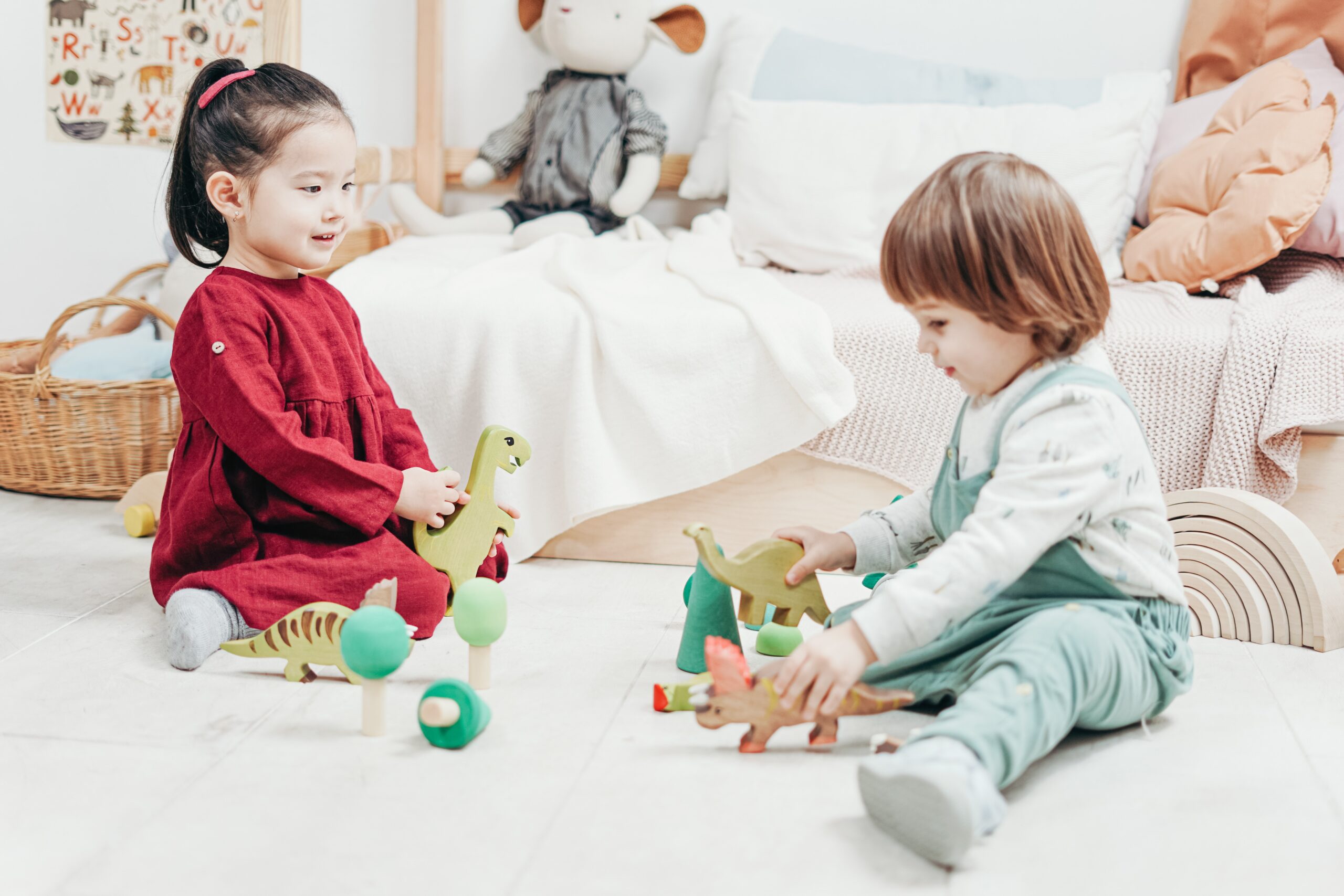Soft toys have been a beloved staple in the world of toys for decades, captivating the hearts of both children and adults alike. These cuddly companions bring joy, comfort, and a touch of magic into our lives. From classic teddy bears to a wide variety of adorable animal plushies, soft toys have become an essential part of many childhood memories.
Soft Toys
In this guest post, we will explore the enduring appeal of soft toys, their benefits, and how they play a significant role in a child’s development and imagination.
The Appeal of Soft Toys:
Soft toys possess an inherent charm that transcends generations. Their huggable nature, gentle textures, and endearing designs make them instantly lovable. Children are drawn to their softness, finding solace and security in their cuddles. These toys often become companions that provide comfort during bedtime, imaginative play, and even in times of distress.
Furthermore, soft toys have a timeless appeal that extends beyond childhood. Many adults continue to cherish their childhood soft toys, often keeping them as sentimental reminders of cherished memories. These toys hold a special place in our hearts, evoking nostalgia and serving as a reminder of simpler times. The emotional connection we form with soft toys makes them much more than mere playthings; they become cherished companions throughout our lives.
Benefits of Soft Toys for Children:
Soft toys offer a myriad of benefits to children’s physical, emotional, and cognitive development. Firstly, they provide comfort and a sense of security, especially during times of change or when facing new experiences. Hugging a soft toy can help alleviate anxiety and create a soothing environment.
Additionally, soft toys encourage imaginative play, which is essential for a child’s cognitive and social development. Children often engage in imaginative scenarios, creating unique stories and roles for their plush companions. This imaginative play fosters creativity, problem-solving skills, and emotional expression.
Soft toys also serve as valuable tools for learning and education. Children can practice essential skills like nurturing, empathy, and responsibility by caring for their soft toy “friends.” They learn about social interactions and develop language skills by engaging in conversations and role-playing with their toys.
The Role of Soft Toys in Emotional Development:
Soft toys play a significant role in a child’s emotional development. They offer a source of comfort, companionship, and unconditional love. Children often confide in their soft toys, sharing their thoughts, fears, and joys without judgment. This emotional connection helps children build self-confidence, develop empathy, and regulate their emotions.
Soft toys can also be valuable tools in teaching children about emotions and empathy. Children can project their own feelings onto their toys, allowing them to explore and understand various emotions. This process helps them develop emotional intelligence and the ability to recognize and empathize with the feelings of others.
Choosing the Perfect Soft Toy:
When selecting a soft toy, several factors should be considered. Safety is paramount, so ensure that the toy is made from child-friendly materials and meets safety standards. Opt for soft toys that are durable and easy to clean, as they will likely endure countless hugs and adventures.
Consider the child’s age, interests, and preferences when choosing a soft toy. Animal plushies, teddy bears, and character-themed toys are popular choices. Select a toy that resonates with the child, reflecting their personality or capturing their favorite animal or character.
Conclusion :
Soft Kids toys hold a timeless appeal that transcends age and cultural boundaries. From providing comfort and companionship to fostering imagination, emotional development, and learning,




